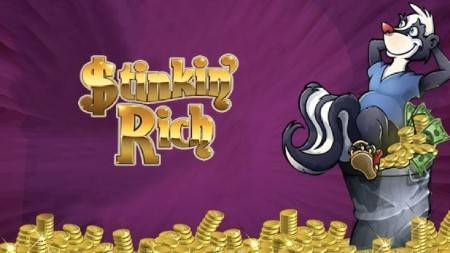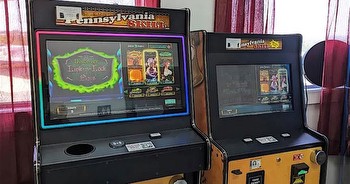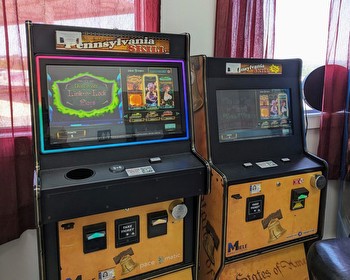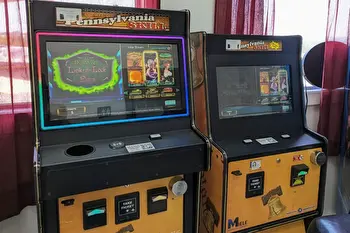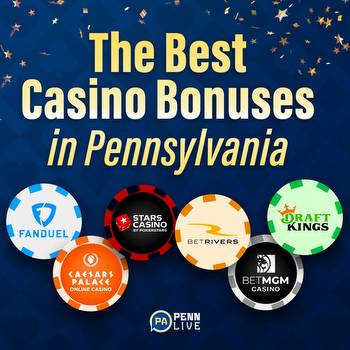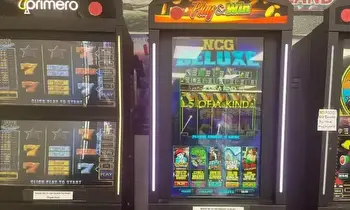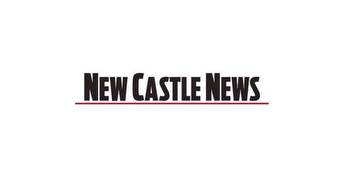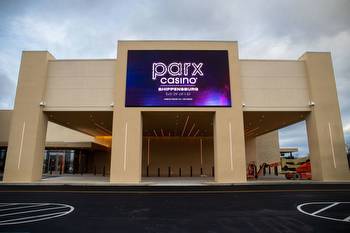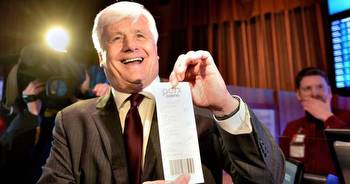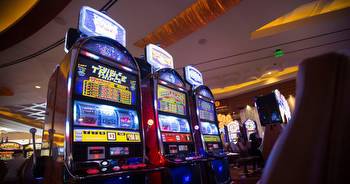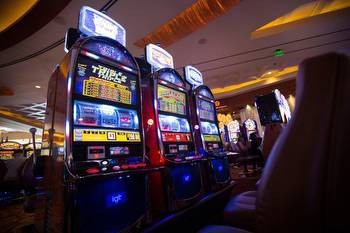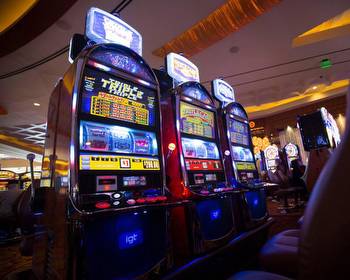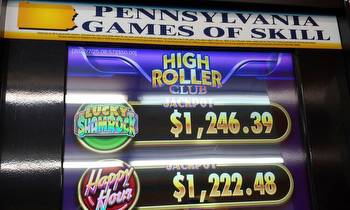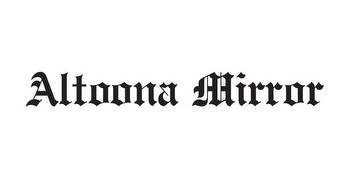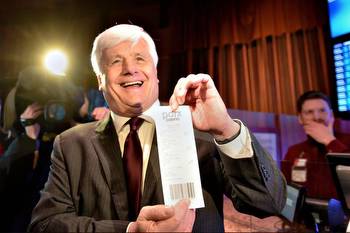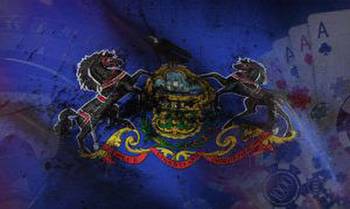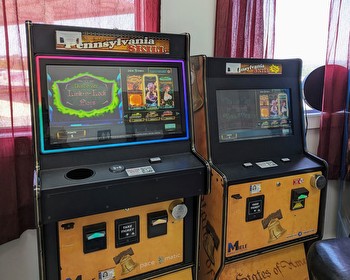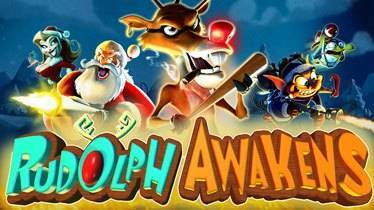Pa. lawmakers and casino industry officials clash over skill games regulation
(The Center Square) — Tensions flared between the casino industry and lawmakers during a hearing Monday that explored regulating skills games in Pennsylvania.
Parx Casino Board Chairman Bob Green drew the ire of Sen. Gene Yaw, R-Loyalsock Township, when he told the Community, Recreation and Economic Development Committee that the scourge of skill games posed an “existential threat” to their business.
“The relentless proliferation of the illegal slot machines in convenience stores, pizza parlors, fast food outlets, smoke shops, and even barbers and ladies hair salons is a serious threat to our continuing and successful partnership with the commonwealth,” Green said. “What we’re facing here — and make no mistake — is an insidious contortion that is worming its way into our social fabric. And it has to be dealt with.”
Gambling leaders highlighted the tax revenue they send to the state government, along with the jobs they create and the investments they make, as being put “at grave risk of significant impairment” thanks to skill games, said Eric Schippers, senior vice president of PENN Entertainment.
“The risk is created by the seemingly endless threat of continued cannibalistic gaming expansion in any of its various forms,” Schippers said. “We are shocked and dismayed that this is once again an issue … once again, the legislature is considering changing the rules in the middle of the game.”
Yaw, who sponsored legislation to tax and regulate skills games, said he found the industry’s descriptions offensive. His bill would legalize the slot-machine-like games, which differ in that users can affect the outcome. Supporters argue that they could generate more than $300 million in tax revenue for the commonwealth.
“You referred to the skill games as being an ‘infestation,'” Yaw said. “They’re made in my district, and several hundred people work in that industry, and I don’t consider my constituents as working and being part of an ‘infestation’…the four of you sitting there have been the biggest display of corporate greed that I have seen since I have been in the Senate. All you want is more.”
He argued taxing and regulating skill games should be something the gambling industry supports.
“I don’t like my constituents being accused of being part of an infestation,” Yaw said. “That’s insulting to them, it’s insulting to me.”
Skill game advocates, for their part, argued for including the industry in a regulatory model similar to Illinois — for the benefit of the commonwealth.
“If you allowed the (video game terminal) market to expand … similar to what we’ve done in Illinois, we think that that would probably expand your total tax revenue by about $800 million,” Matthew Hortenstine, General Counsel J&J Ventures Gaming, a VGT company active in Illinois and Pennsylvania.
Hortenstine also encouraged lawmakers to lower the effective tax rate on skill games from 52% to 33% (in line with Illinois) as a way to expand overall tax revenues.
He acknowledged that those tax revenues would come partially from losses to casinos.
“While there was an impact to casinos (in Illinois), the overall impact to the state revenue stream was a positive to the tune of about $500 million,” Hortenstine said.
Schippers of PENN Entertainment argued that casinos want “predictability and stability” to reinvest in their business.
“We have massive plans for our gaming operations,” Eric Hausler, CEO of Parx Casino, said. “How do we get a return on investment … if the sands keep shifting underneath us?”







